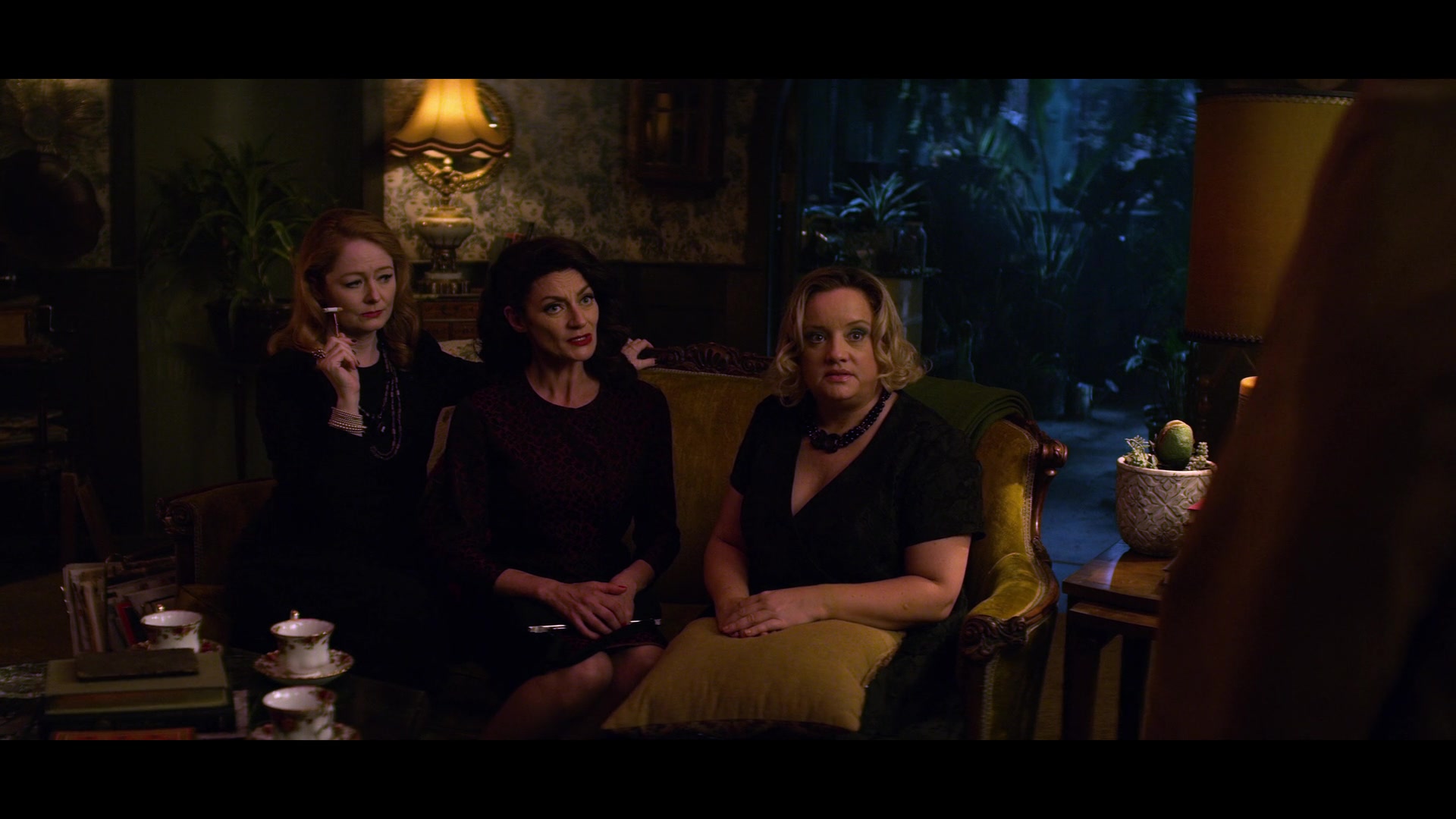

In 1958 he made his first two records, Something Else 2 and Tomorrow Is the Question, on the Contemporary label, owned by Lester Koenig, a blacklisted Hollywood producer and friend of Schoenberg’s. The trumpeter Don Cherry, who became his closest musical associate, thought he looked like a ‘black Jesus Christ’ when he first laid eyes on him. He had a long beard and wore overcoats in the California sun. It wasn’t just his strange ideas about music.

In 1949 Coleman moved to Los Angeles, where he flirted with the Communist Party and the Jehovah’s Witnesses, in a kind of LA version of Ralph Ellison’s Invisible Man, and became known as a freak. In Baton Rouge, a group of thugs smashed his saxophone case, and left him with a collarbone injury that took years to heal. When a white woman raised her dress over his head in the back of a Texas club, he knew he could be lynched if a white man saw them. The world of saloons, honky tonk clubs and travelling minstrel bands in which he performed in his teens was dangerous.
#What is the spellman family secret free
‘Born, work, sad and happy and etc.’ But the journey that led Coleman from Fort Worth, Texas, where he was born to a ‘poorer than poor’ family in 1930, to international fame as a free jazz innovator was anything but ordinary, and required no small amount of courage. The ‘autobiography of my life is like everyone else’s’, he wrote in the liner notes to his 1960 album This Is Our Music. Schoenberg is reported to have said that Cage didn’t have the makings of a traditional composer, ‘but he is an inventor – of genius.’ The same might be said of Coleman.Ĭoleman spoke little of himself, and dismissed the idea that he was exceptional.

He just didn’t think there were any boxes.’ In his indifference to convention he resembled his friend John Cage, who hated jazz but loved Coleman. ‘It’s not that he thought outside the box. ‘I had a very interesting father,’ his son, the drummer Denardo Coleman, said, in the understatement of the day. The only alto saxophone heard on Saturday was Coleman’s, glimpsed in a documentary filmed at the 2009 Meltdown festival, which he curated. There was a haunting duet between Henry Threadgill, on alto flute, and Jason Moran, on piano, and an electric dialogue between the drummer Jack DeJohnette and the tap dancer Savion Glover. The tenor saxophonists Joe Lovano and David Murray howled their way through Coleman’s most famous tune, ‘Lonely Woman’. Ravi Coltrane, John Coltrane’s son, gave a stately reading on soprano saxophone of Coleman’s 1959 composition ‘Peace’, with Geri Allen on piano. The pianist Cecil Taylor performed an elegy of shimmering delicacy, 1 punctuated by hints of an impending storm. As the jazz DJ Phil Schaap said, ‘I have the feeling of the conclusion of the age of the prophets.’ In speech after speech, Coleman, who died at 85, was remembered as a man who embodied a set of values – freedom, independence, improvisation, cultural survival – that transcend music, values shared by Coleman’s friend John Coltrane, who, just before he died in 1967, requested in his will that Coleman perform at his funeral. The Supreme Court had ruled five to four in favour of gay marriage at the Emanuel African Methodist Episcopal Church in Charleston, Obama had drawn on the cadences of the Southern black church, in perhaps the most powerful speech of his presidency, and invited his audience to join him in singing ‘Amazing Grace’. We were honouring the life of America’s leading free jazz musician in a dramatic week for freedom in America. We were in the church where Martin Luther King declared his opposition to the Vietnam War in 1967. No one mentioned the atrocity in Charleston explicitly no one had to. I thought of Baraka’s words at New York’s Riverside Church last Saturday, at the funeral of the alto saxophonist and composer Ornette Coleman. ‘One of the most baffling things about America,’ Amiri Baraka wrote in 1963, ‘is that despite its essentially vile profile, so much beauty continues to exist here.’ Perhaps, he wondered, ‘it is because of the vileness, or call it adversity, that such beauty does exist.’ Baraka made the observation in his liner notes to John Coltrane’s album Live at Birdland, which includes ‘Alabama’, an elegy for the four girls murdered in the 1963 Birmingham Church bombing.


 0 kommentar(er)
0 kommentar(er)
